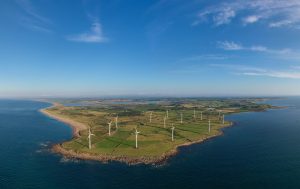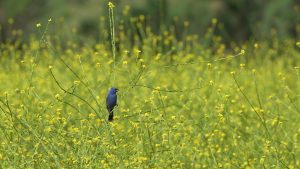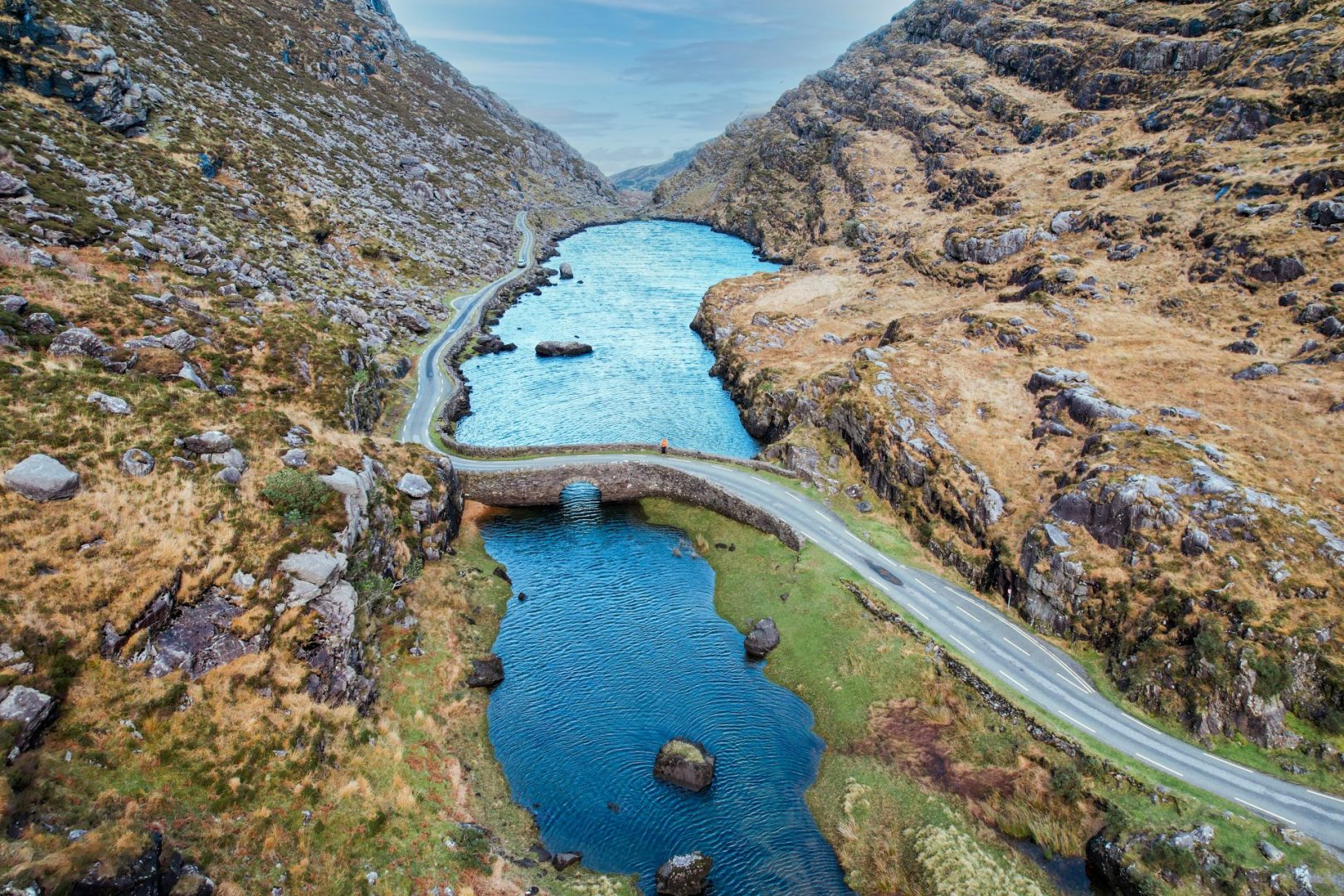The 1987 United Nations (UN) Brundtland Report defined sustainable development as ‘development that meets the needs of the present without compromising the ability of future generations to meet their own needs. Forty-five years later, a recent report from the Intergovernmental Panel on Climate Change (IPCC) (2022) speaks to how current failures in providing sustainable solutions (such as clean energy) are dramatically endangering the planet and notes that making rapid changes to a more sustainable way of living is the only viable option.
Through sustainable development, environmental protection, and climate action, we must now ensure that we both prevent further damage, while also reversing some of the effects that climate change and biodiversity loss are already having on our planet. Sustainability can only be thought of globally. Therefore, Ireland must ensure its contribution to this global endeavour despite some effects not hitting Ireland as severely as other nations to date.

Ireland ranks in the lowest position out of fifteen European Union (EU) countries on the Environmental Index, which ranks each country’s progress on environmental Sustainable Development Goals (SDG), in the latest Sustainable Progress Index (SPI) report commissioned by Social Justice Ireland. While some progress has been made over the past year, other countries are making greater headway in implementing environment and climate action measures as set out under the UN SDGs. Ireland ranks eleventh out of fifteen comparable EU countries in the overall SPI which assesses progress on the economy, society and environment. It is ranked tenth in the economy and sixth in the social category. In order to improve Ireland’s progress within these categories, the general public will need to make changes to their lifestyle; however, it is mainly at a policy level that changes must be made in order to produce significant impacts.
The sustainable development goals website for Ireland outlines the changes that Ireland intends to make in order to achieve sustainability. From an environmental point of view, this includes protecting and enhancing habitats, ecosystems, and wildlife in Ireland. This will rely on better protection of natural areas, better management of these protected areas and also changes to farming practices that allow the environment as well as the farmer to thrive. This transformation will require compromises from different sectors and may result in conflicts of interest; however, implemented sensibly, a sustainable transformation is the only way to ensure that future generations grow up in a liveable and healthy world.

A sustainable Ireland is a wonderful thought with cities that have fewer cars and noise, and more green areas and trees making the air quality better and making it easier to get around on public transport or by bike. It would also require farmland that supports and promotes wildlife so that we will see a resurgence in the populations of birds, mammals, insects and fish species that bring us so much joy. Immediate pressures, such as the current concern around grain shortages can challenge even the best of intentions. However, in the long term, a transformation is inevitable – let’s see the objective of a “Sustainable Ireland” as an opportunity!



